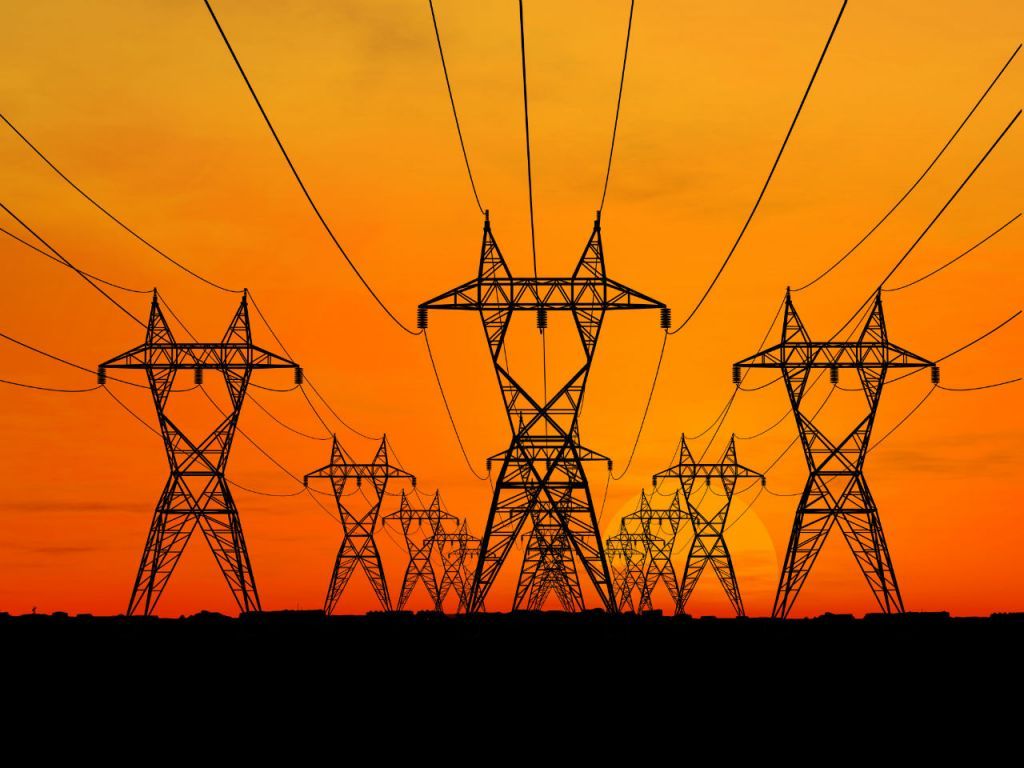
Under the shadow of the energy crisis, the fear of the countries of Southeast Europe regarding energy security is overflowing. And with no immediate solution in sight at the European level – analysts are not holding much hope for an agreement at the Council of Energy Ministers on November 24 – a way out is being sought, at least at the regional level.
Thus, next Tuesday the energy ministers of Balkan countries (within and outside the EU), such as Albania, North Macedonia, Bulgaria, Kosovo and Romania, will meet in Athens, in a meeting chaired by the Greek Minister of Environment and Energy Kostas Skrekas. The focus is on solidarity in terms of energy efficiency and the creation of a shield by completing strategic infrastructures.
The discussions are expected to focus on issues related to the strengthening of regional energy stability, in which Greece plays an important role, due to the critical infrastructures it is developing or already has developed, such as Revythoussa, the TAP and IGB pipelines and the LNG terminals under construction.
Revythoussa already serves the needs of Bulgaria and Romania. It is no coincidence that, in the recent DESFA auction for LNG import slots in 2023, in addition to the Greek players, three Bulgarian companies also committed capacity, Bulgragaz, MET Energy and Kolmar.
In addition, with the imminent doubling, until 2027, of the transported quantities of Azeri gas from the TAP pipeline (from 10 to 20 million cubic meters), the gas will be able to continue its route to the Eastern countries through the Greek-Bulgarian IGB pipeline Europe. Bulgaria is connected to Romania, Moldova and Ukraine via the Trans-Balkan Pipeline, while there is also a smaller Bulgaria-Romania interconnection under the Danube. Romania is also connected to Hungary. As for the natural gas pipeline Greece – North Macedonia, it will be built with the technical possibility of extending its dynamics to Kosovo and Serbia.
Also, information indicates that our neighbors are already interested in committing capacity to the FSRU prepared by Gastrade of the Kopelouzos group in Thrace, while in Gastrade’s “twin” investment, FSRU Alexandroupolis, Bulgartransgaz already participates with 20%. Both FSRUs will handle 11 to 12 billion cubic meters of gas per year, roughly the same as TAP.
Connections in electricity
In the chapter of electrical interconnections, the focus of the discussions of the energy ministers of the countries of Southeast Europe is expected to be the project of the electrical interconnection of Greece, Austria, Germany, with a transmission capacity of 3 GW, with the possibility of increasing it to 9 GW, for which announcements were made recently by Mr. Skrekas. For the cable, which will carry green energy from Greece, two different designs are being considered, which are expected to be included in the agenda of the talks. One is proposed to follow an overland route, crossing the Western Balkans, while the alternative is to reach Albania and then cross the Adriatic and reach the coast of Slovenia, from where it will continue to Austria.
Regarding the Greece-Egypt interconnection, with a capacity of 3 GW and a budget of approximately 3.5 billion euros, which is being developed by the ELICA group, it is already in the first study stages. The project is planned to transfer energy produced by Renewable Energy Sources in the desert of Egypt to Europe, via Greece. But to keep electricity flowing to Europe new transmission corridors are needed on Greece’s northern borders. The construction of a new cable with Bulgaria has already begun. This is expected to be completed at the beginning of 2023. The second interconnection with Italy is progressing. The procedures for the study of a new Greece-Albania interconnection have started, while the upgrade of the existing interconnection with North Macedonia is being considered .
Also, it is not excluded that the energy groups’ trips to the Balkans, such as those of ELPE or PPC, which are interested in the development of RES projects in the wider region of South-Eastern Europe, will be included in the agenda of the energy ministers’ talks. After all, according to estimates by the Commission for Energy Efficiency of the Energy Institute of SE Europe (IENE), the countries of the Western Balkans need investments of around 20 billion euros in wind farms, in order to achieve the European penetration targets of RES by 2030.
After the meeting led by Mr. Skrekas, the Ministers of Energy will participate on the same day in an open for the public debate, within the framework of the 26th National Conference “Energy & Development” organized by IENE.
Latest News

IMF: US Tariffs Shake Global Economy, Outlook Downbeat
IMF slashes global growth forecast to 2.8% as U.S. tariffs create uncertainty and ‘negative supply shock

First Step Towards New Audiovisual Industry Hub in Drama
The project is set to contribute to the further development of Greece’s film industry and establish Drama as an audiovisual hub in the region

Airbnb Greece – Initial CoS Ruling Deems Tax Circular Unlawful
The case reached the Council of State following annulment applications filed by the Panhellenic Federation of Property Owners (POMIDA)

Mitsotakis Unveils €1 Billion Plan for Housing, Pensioners, Public investments
Greek Prime Minister Kyriakos Mitsotakis has announced a new set of economic support measures, worth 1 billion euros, aiming to provide financial relief to citizens.

Alter Ego Ventures Invests in Pioneering Gaming Company ‘Couch Heroes’
Alter Ego Ventures' participation in the share capital of Couch Heroes marks yet another investment by the Alter Ego Media Group in innovative companies with a focus on technology.

Corruption Still Plagues Greece’s Driving Tests
While traffic accidents continue to claim lives on Greek roads daily, irregularities and under-the-table dealings in the training and testing of new drivers remain disturbingly widespread

Pope Francis Died of Stroke and Heart Failure Vatican Confirms
As news of the official cause of death spread, tributes poured in from across the globe. The 1.4 billion-member Catholic Church is united in grief, remembering a pope who championed inclusion, justice, and compassion

Increase in Both Museum Visits, Revenues for 2024
As expected, the Acropolis was the top archeological site in the country, followed by Sounion, Mycenae, the ancient theater of Epidaurus, and Vergina in northern Greece

Where Greece’s Tourists Come From: A Look at 2025’s Top Visitor Markets
The United Kingdom continues to hold the top spot as the largest source of incoming tourism, with 5.6 million seats booked for Greece this summer — up 2.2% from last year. This accounts for 20% of all international air traffic to Greece

Pope Francis: A Pontiff Who Reshaped the Papacy and Sparked a Global Conversation
His first words from the balcony of St. Peter’s Basilica—“Brothers and sisters, good evening”—set the tone for a pontificate that would challenge norms, favor mercy over dogma, and bring the papacy closer to the people.












![Πλημμύρες: Σημειώθηκαν σε επίπεδα ρεκόρ στην Ευρώπη το 2024 [γράφημα]](https://www.ot.gr/wp-content/uploads/2025/04/FLOOD_HUNGRY-90x90.jpg)



![Ξενοδοχεία: Μεγάλο το ενδιαφέρον για επενδύσεις στην Ελλάδα – Η θέση της Αθήνας [γραφήματα]](https://www.ot.gr/wp-content/uploads/2025/03/Athens-hotels-90x90.jpg)








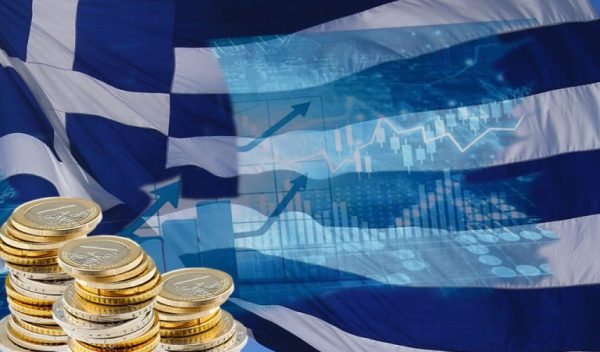


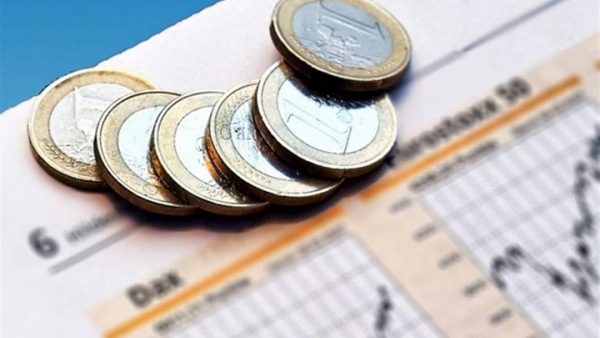
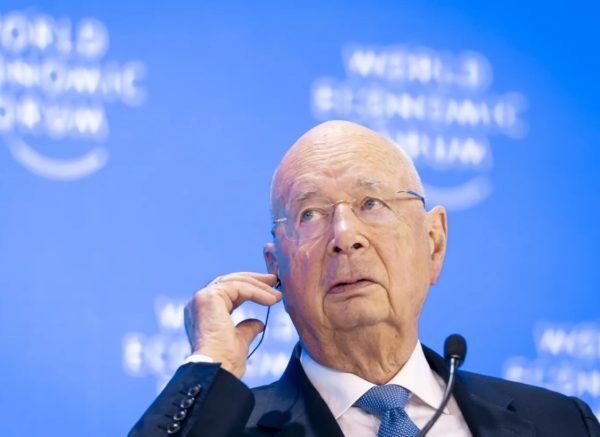
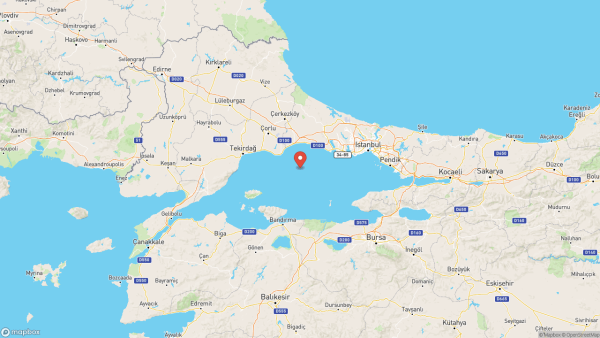










 Αριθμός Πιστοποίησης
Αριθμός Πιστοποίησης